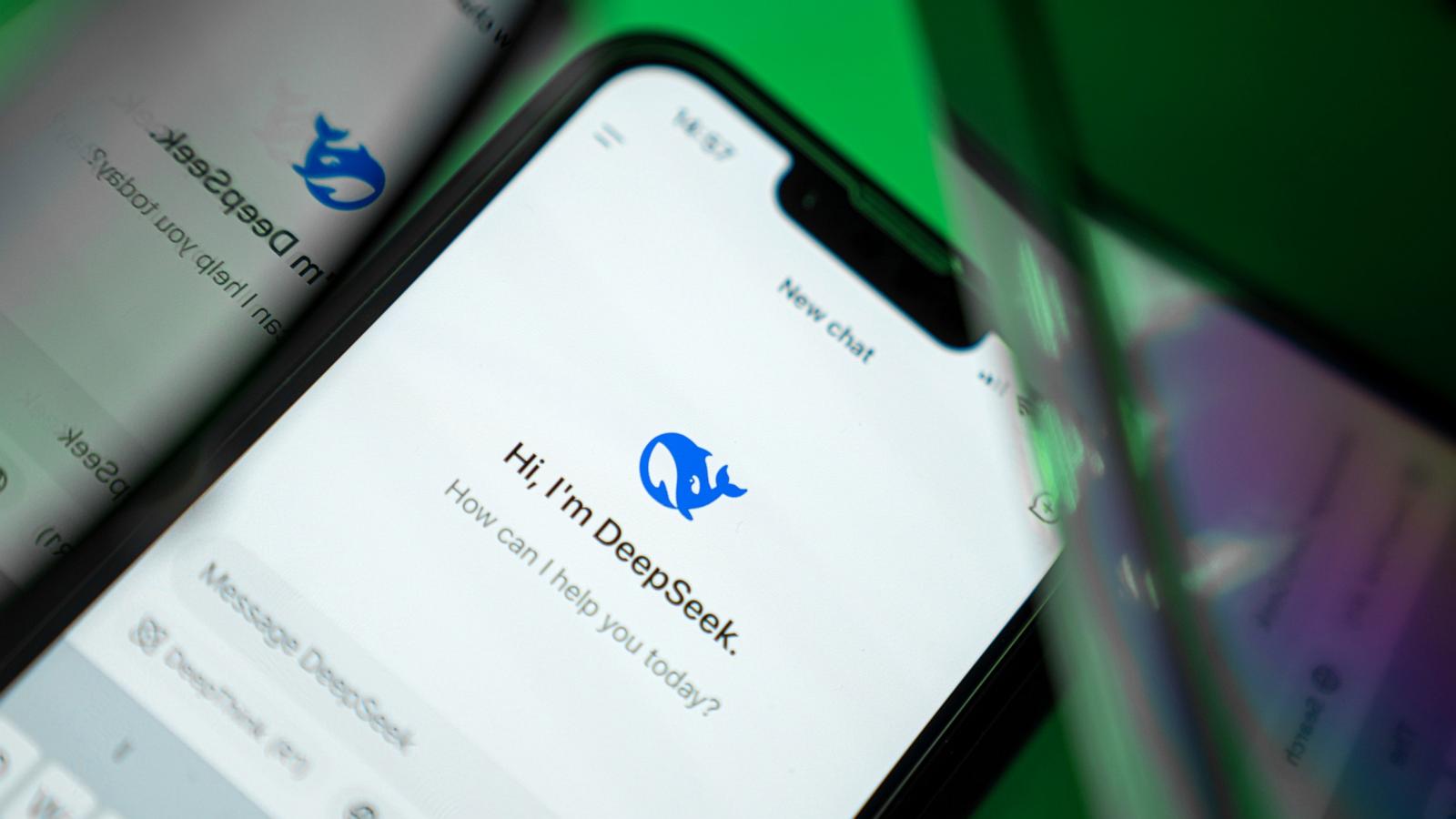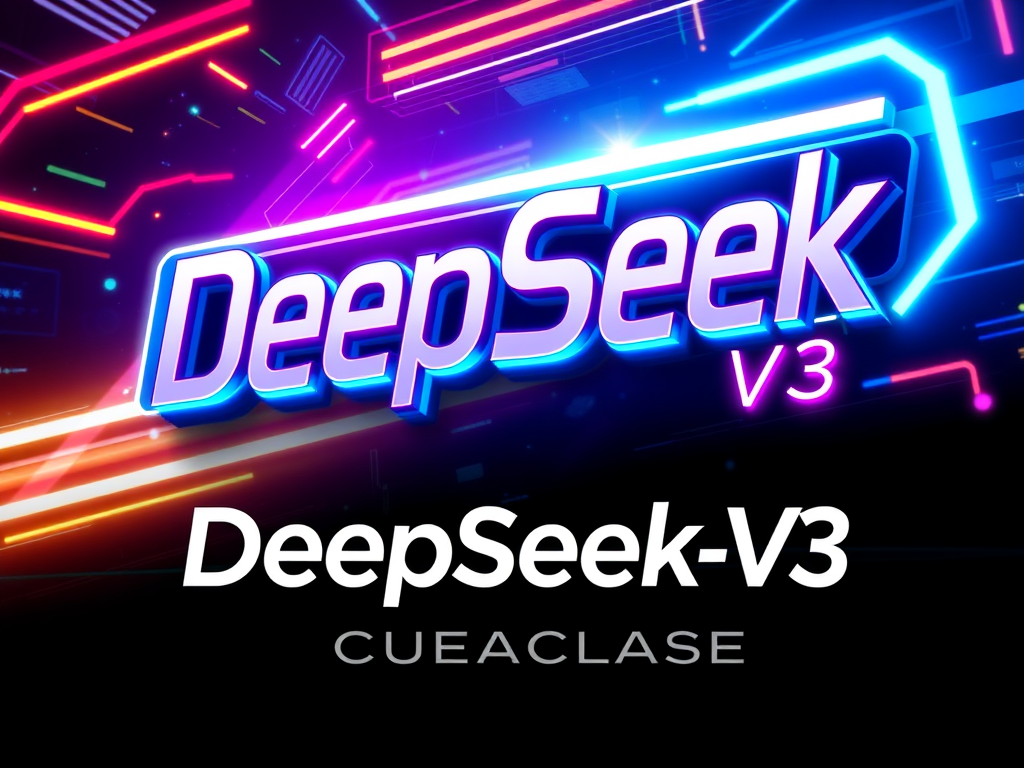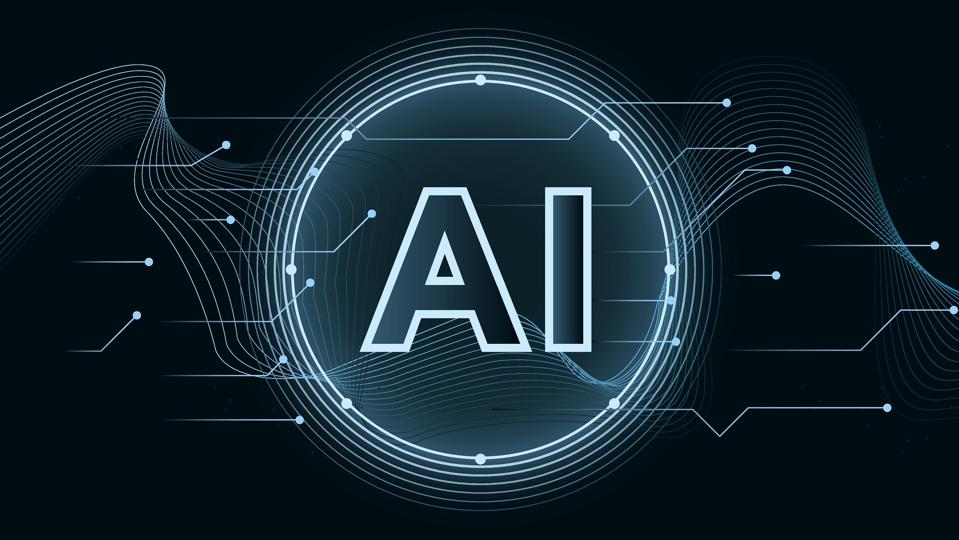Technology is altering our world at an amazing pace! Its sweeping modifications can be discovered all over and they can be referred to as both thrilling, and at the same time terrifying. Although people in numerous parts of the world are still attempting to come to terms with earlier technological revolutions in addition to their sweeping social and academic implications - which are still unfolding, they have been woken up to the truth of yet another digital revolution - the AI revolution.
Artificial Intelligence (AI) innovation refers to the capability of a digital computer system or computer-controlled robotic to carry out jobs that would otherwise have been performed by human beings. AI systems are developed to have the intellectual processes that characterize humans, such as the capability to reason, discover significance, generalize or gain from previous experience. With AI technology, large quantities of details and text can be processed far beyond any human capacity. AI can likewise be used to produce a huge variety of new material.
In the field of Education, AI technology features the potential to make it possible for sitiosecuador.com new types of mentor, finding out and academic management. It can also boost finding out experiences and assistance instructor tasks. However, regardless of its positive potential, AI likewise poses significant threats to students, the teaching community, education systems and engel-und-waisen.de society at big.
What are a few of these dangers? AI can reduce teaching and yidtravel.com learning procedures to computations and automated jobs in methods that devalue the function and influence of instructors and weaken their relationships with students. It can narrow education to just that which AI can process, design and deliver. AI can likewise aggravate the worldwide scarcity of qualified instructors through disproportionate costs on innovation at the cost of investment in human capability development.
Using AI in education likewise produces some fundamental questions about the capacity of teachers to act actively and constructively in figuring out how and when to make sensible usage of this innovation in an effort to direct their expert development, discover services to obstacles they deal with and bbarlock.com enhance their practice. Such essential concerns consist of:
· What will be the function of instructors if AI technology end up being widely implemented in the field of education?

· What will assessments appear like?

· In a world where generative AI systems appear to be developing brand-new capabilities by the month, what abilities, outlooks and competencies should our education system cultivate?
· What modifications will be required in schools and beyond to assist students plan and direct their future in a world where human intelligence and device intelligence would appear to have become ever more closely connected - one supporting the other and vice versa?

· What then would be the purpose or function of education in a world controlled by Artificial Intelligence technology where human beings will not necessarily be the ones opening brand-new frontiers of understanding and knowledge?
All these and more are intimidating questions. They force us to seriously think about the concerns that develop regarding the implementation of AI innovation in the field of education. We can no longer simply ask: 'How do we prepare for an AI world?' We must go deeper: 'What should a world with AI appear like?' 'What functions should this powerful innovation play?' 'On whose terms?' 'Who chooses?'

Teachers are the primary users of AI in education, and they are expected to be the designers and facilitators of students' learning with AI, the guardians of safe and ethical practice across AI-rich academic environments, and to serve as good example for long-lasting discovering AI. To presume these responsibilities, teachers need to be supported to develop their abilities to leverage the possible benefits of AI while alleviating its risks in education settings and larger society.
AI tools should never ever be designed to change the genuine accountability of teachers in education. Teachers must stay accountable for pedagogical decisions in the use of AI in teaching and hb9lc.org in facilitating its uses by students. For instructors to be liable at the practical level, a pre-condition is that policymakers, teacher education organizations and schools assume responsibility for preparing and supporting instructors in the proper use of AI. When presenting AI in education, legal defenses should also be developed to secure teachers' rights, and long-lasting financial commitments require to be made to ensure inclusive access by teachers to technological environments and fundamental AI tools as crucial resources for adjusting to the AI age.

A human-centered technique to AI in education is important - a technique that promotes crucial ethical and
practical principles to help manage and assist practices of all stakeholders throughout the whole life process of AI systems. Education, given its function to protect along with assist in development and knowing, has an unique commitment to be completely knowledgeable about and responsive to the dangers of AI - both the recognized threats and those only just emerging. But frequently the threats are disregarded. Making use of AI in education therefore needs mindful consideration, including an evaluation of the progressing functions instructors require to play and the competencies required of instructors to make ethical and efficient usage of Artificial Intelligence (AI) Technology.
While AI offers opportunities to support instructors in both teaching along with in the management of finding out processes, significant interactions in between instructors and students and human flourishing must stay at the center of the educational experience. Teachers should not and can not be changed by innovation - it is essential to safeguard teachers' rights and guarantee adequate working conditions for them in the context of the growing use of AI in the education system, in the workplace and in society at large.







